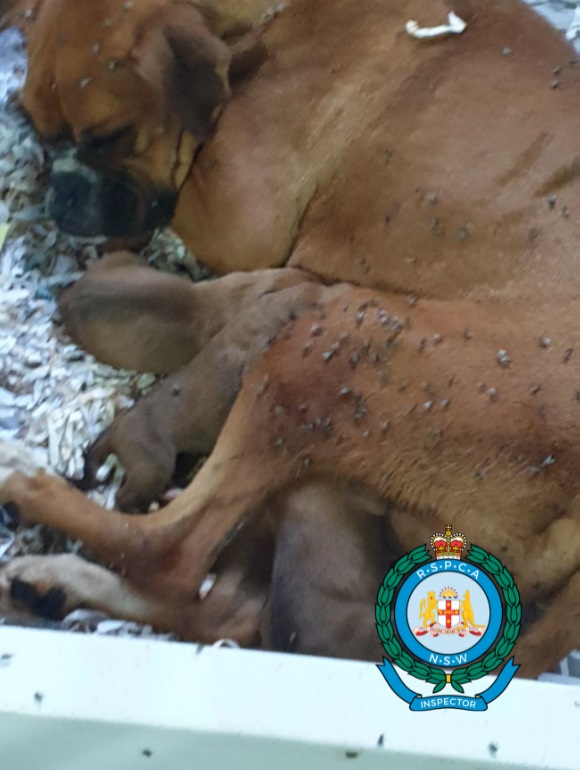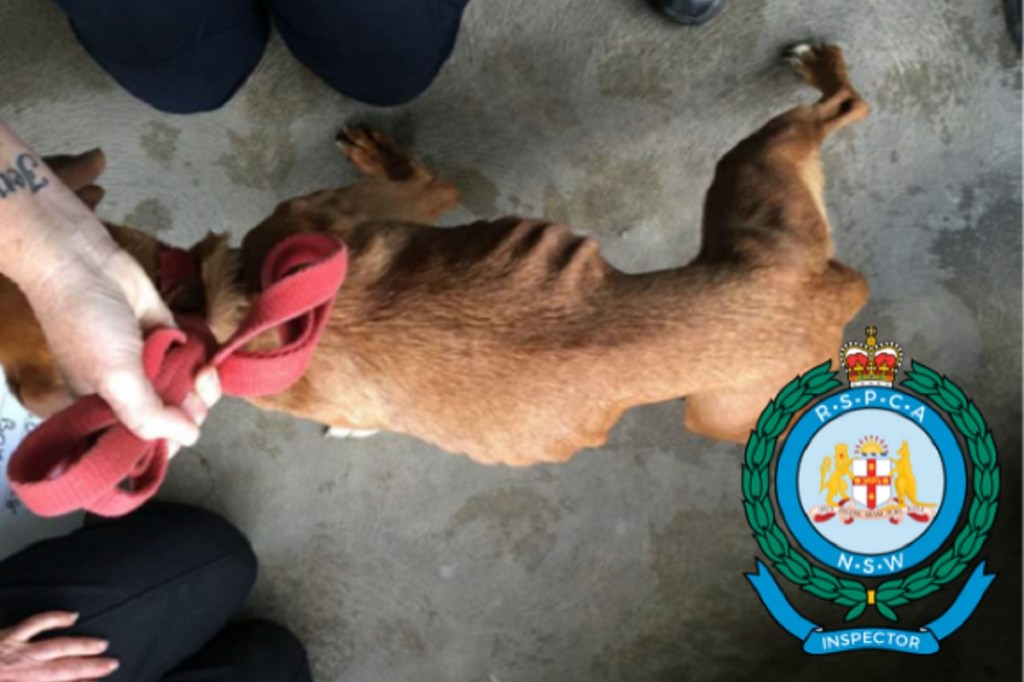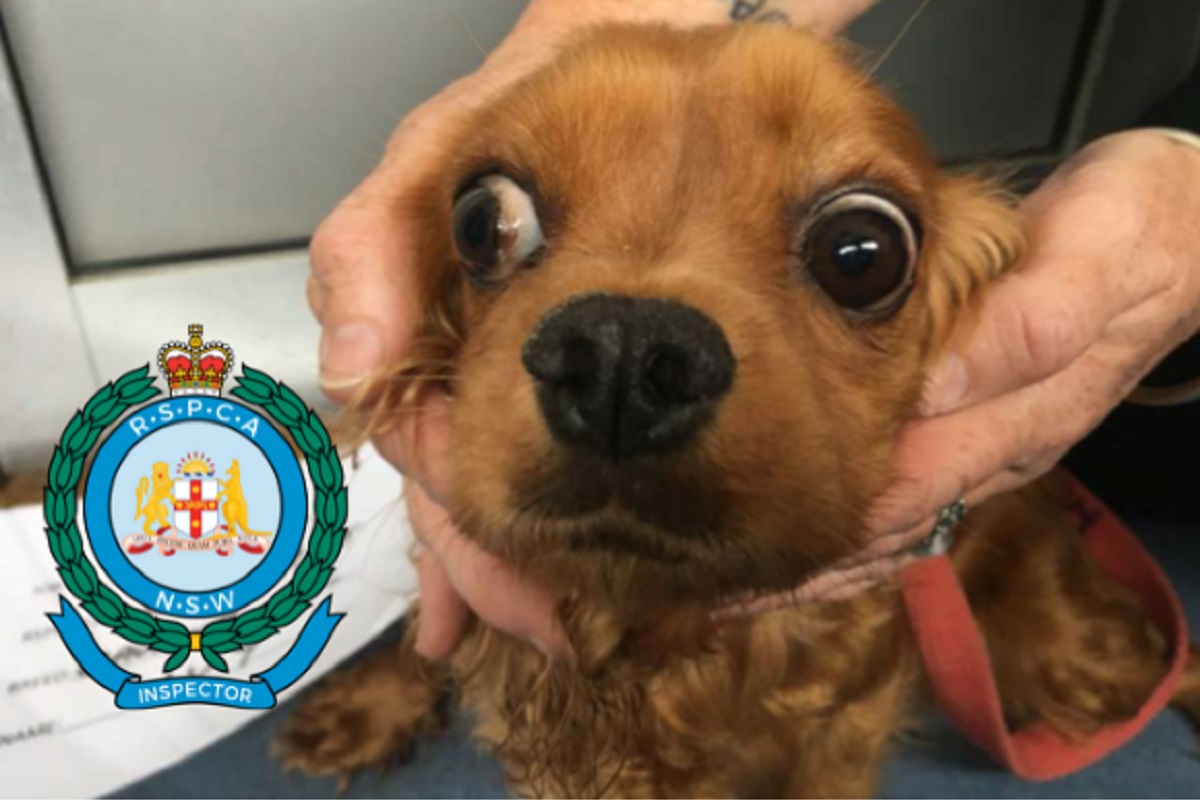GRAPHIC IMAGES WARNING
A father and daughter duo have been sentenced in Inverell Local Court after they pleaded guilty and were convicted of 18 charges of animal cruelty.
The duo was responsible for operating one of the largest intensive companion animal breeding establishments in NSW. However, they came under investigation by RSPCA NSW’s Intensive Breeding Taskforce (IBTF), a unit dedicated to investigating reports of inadequate conditions and standards at large scale breeding facilities.
Together, the pair were convicted of 18 offences against the Prevention of Cruelty to Animals Act 1979 (POCTAA) and the Animal Welfare Code of Practice – Breeding Dogs and Cats for failings at the breeding establishment in Copeton, near Inverell.
The defendants were investigated by the IBTF after reports that a dog called Strawberry, a breeding Boxer from the facility, had died after not receiving veterinary treatment.
RSPCA NSW Chief Veterinarian, Liz Arnott, determined that Strawberry had suffered from dystocia, a condition considered to be a veterinary emergency, for approximately 40 hours.
Dystocia is difficulty in expelling a litter of pups through the birth canal during labour, and left untreated, caused Strawberry to suffer systemic illness, weakness, and ultimately lead to her premature death.

On 16 September 2020, RSPCA NSW Inspectors executed simultaneous search warrants at the Copeton property and another linked property in Wagga Wagga.
A total of 441 dogs, including 250 puppies, were examined by the inspectors, veterinarians, vet nurses, scribes and animal attendants deployed to examine, seize and where necessary, treat the animals. RSPCA NSW ultimately seized 21 adult dogs and 41 puppies.
The dogs found on the properties were kept inside concrete kennel blocks with no bedding and constantly wet floors. Every dog had wet feet and underbellies, with some covered in liquid faecal matter.
Veterinarians concluded that the animals were suffering from a range of health issues including ear infections, severe dental disease, intestinal worms, poor body condition, conjunctivitis, matted coats, wounds, and urine scalding. Written directions were issued to the defendants to seek veterinary treatment for another 32 of the dogs within two to four weeks.

RSPCA NSW veterinarians provided necessary treatments for the seized dogs, including appropriate antibiotics and medications, pain relief, dental procedures involving the extraction of teeth, ear and eye surgeries, grooming, and MRI and CT scans.
All underweight dogs improved in body condition in the care of RSPCA NSW when provided with proper and sufficient food. They were subsequently surrendered and were rehomed with rescue groups and adopted to appropriate and loving families.
The Court convicted and fined the man a total of $16,700.00.
The woman was convicted and fined $4,200.00 for her role in the operation.
The pair agreed to orders sought by RSPCA NSW to reduce the size of the breeding establishment from 180 bitches and 25 stud dogs to no more than 80 bitches and 25 stud dogs.
In sentencing, Magistrate Kemp sitting in the Local Court at Inverell commented that Strawberry was “Innately vulnerable, utterly helpless and dependant on humans to ensure the right treatment was offered to her. There was a failure on the part of the defendant, as a result of which she endured hours of suffering leading up to her death”.
In addition to the reduction in the size of the establishment, the defendants were ordered to pay animal care costs of $150,000.00 to RSPCA NSW.
“The facts in relation to Strawberry are nothing short of heartbreaking,” said RSPCA NSW Chief Inspector, Scott Meyers.
“The scale of this case highlights the critical role that our Intensive Breeding Task Force plays in the protection and welfare of puppies and their mothers. RSPCA NSW have identified approximately 900 breeding facilities in our state, and our team are working tirelessly to inspect each one, to prevent any more animals from suffering at the hands of irresponsible breeders.”
To stay up-to-date on the latest industry headlines, sign up to the Pet Industry News e-newsletter.

